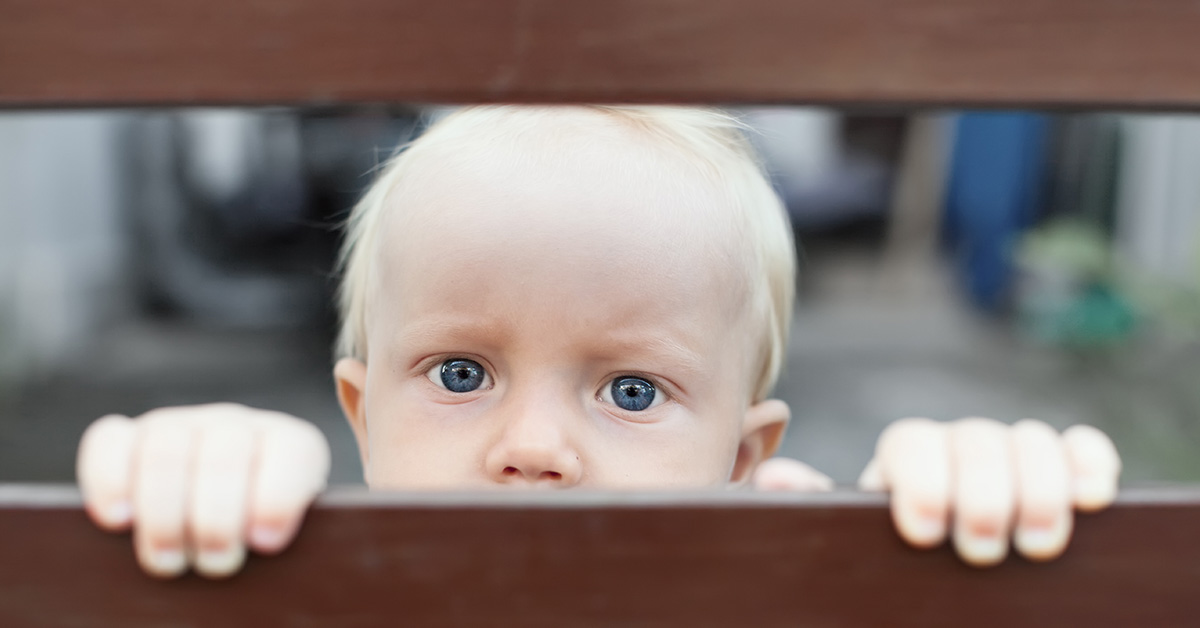Childhood is a critical time for emotional development. Feeling loved and secure during this period lays the foundation for healthy relationships and overall well-being in adulthood. Unfortunately, not all children experience this nurturing environment. This article explores the impact of an unloved childhood, the most sensitive developmental phase, and how it can manifest in 7 behaviors displayed by adults.
Understanding the Scars: How Neglect Shapes Adults

Feeling neglected or unloved in childhood can leave deep emotional scars. Professionals point out that this experience can be incredibly painful for a child, as they lack the capacity to understand or rationalize their suffering. These unresolved feelings can manifest indirectly in adulthood, impacting relationships and emotional well-being.
The good news is that healing is possible. With professional help, individuals can learn to address the underlying neglect and rejection they experienced during their formative years.
Read More: Grandfather Pens Powerful Open Letter to His Grandkids About Childhood
The Crucial Window: Why the Early Years Matter Most
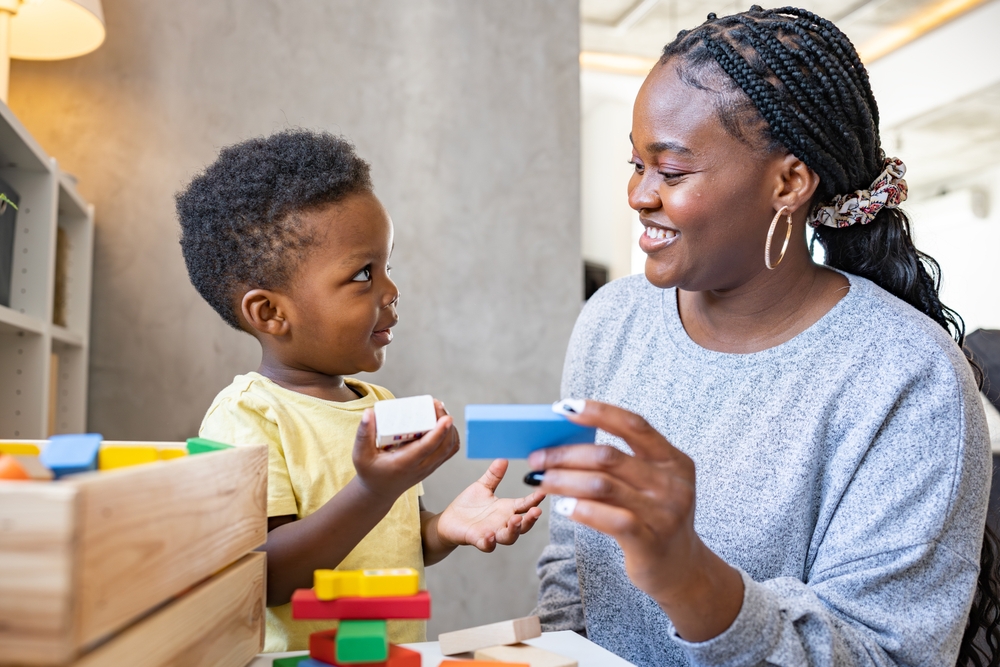
The early years of life, from birth to five years old, are considered the most crucial for development. During this sensitive period, a child’s brain is rapidly forming connections that influence everything from emotional intelligence to social skills. It’s also a time when children thrive on love, care, and attention from their caregivers. Neglect or a lack of love during this critical window can have lasting consequences for a child’s development and future relationships.
Marks of an Unloved Childhood: 7 Behaviors in Adults
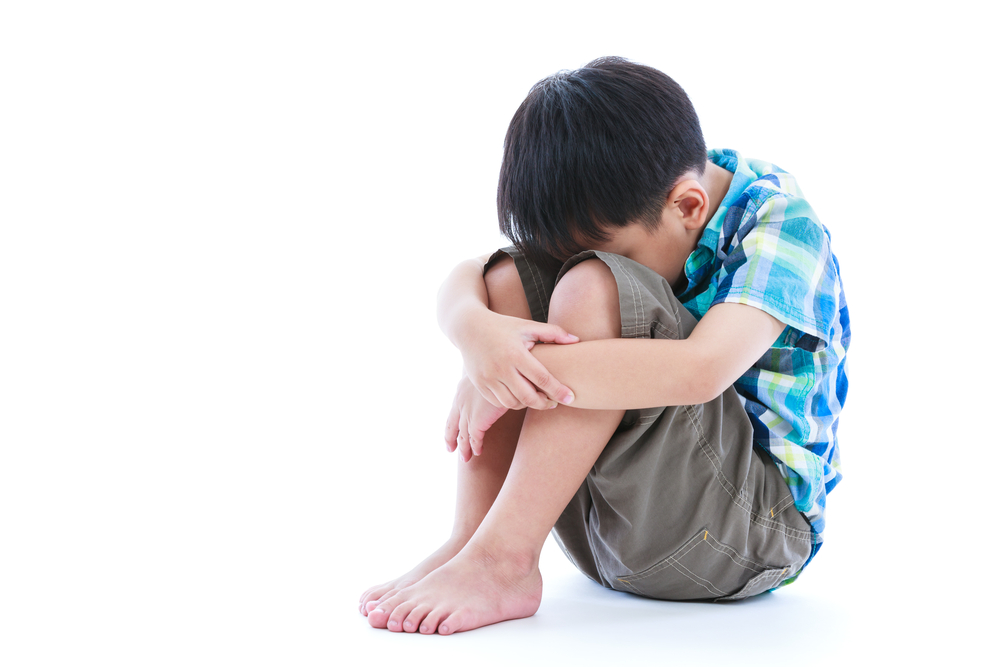
The experiences of childhood can leave a lasting imprint on how we navigate the world as adults. Here are seven behaviors commonly exhibited by adults who felt unloved as children:
Trouble Trusting Others:

Children who experience neglect often struggle with trust in adulthood. Instead, their formative years, which should have been built on security and love, were marked by emotional unavailability and broken promises. This can make them guarded and hesitant to form close relationships, fearing they might be hurt or abandoned again.
Low Emotional Intelligence:

Emotional intelligence, the ability to identify and manage emotions in oneself and others, can be hampered by an unloved childhood. These individuals may have learned to suppress their feelings as a coping mechanism during their early years. This can lead to difficulty understanding and expressing their own emotions, as well as those of others, hindering their ability to build strong connections.
Fear of Rejection:

A constant fear of rejection can be a significant roadblock in adult relationships. This fear often stems from early experiences of feeling unwanted or unloved. It can manifest in avoidance of intimacy or a desperate need for constant reassurance. Both behaviors can strain relationships and prevent individuals from forming healthy emotional connections.
Low Self-Esteem:

Feeling unlovable can take a significant toll on a person’s self-worth. When children internalize the message that they are not worthy of love, it can lead to a negative self-image. This can manifest as low self-esteem, where individuals constantly doubt their abilities and potential, impacting their overall mental health and quality of life.
Difficulty Expressing Emotions:
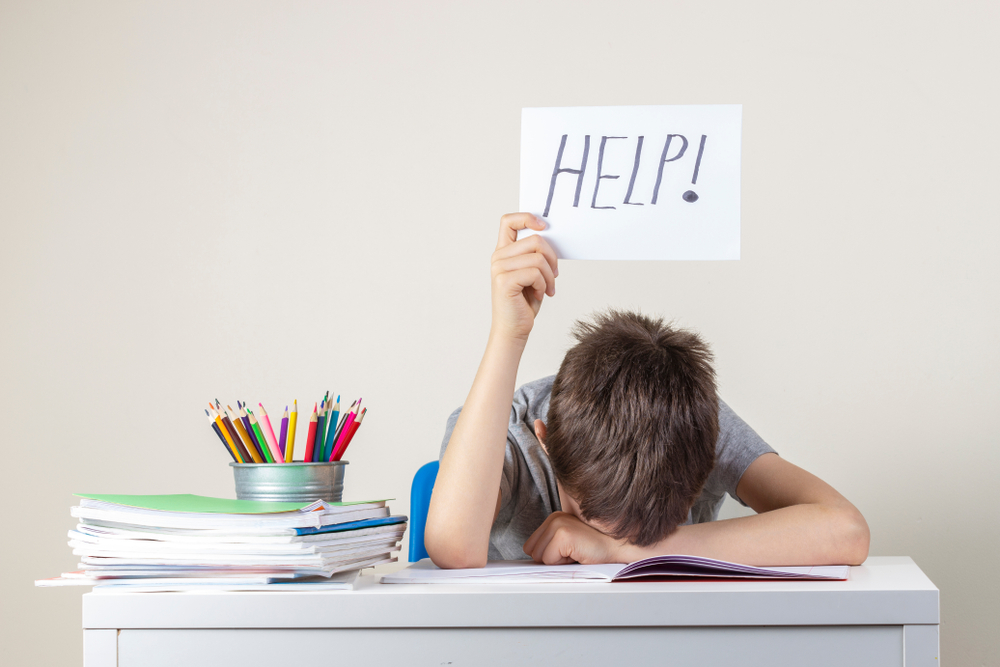
People who fear vulnerability or rejection may find it challenging to express their emotions openly. This fear can be rooted in past experiences of being dismissed or invalidated when they expressed their feelings. The risk of rejection can make emotional expression daunting, hindering communication and intimacy in relationships.
Read More: 10 Class Room Behaviors Linked to Childhood Trauma
Overachieving or Underachieving:
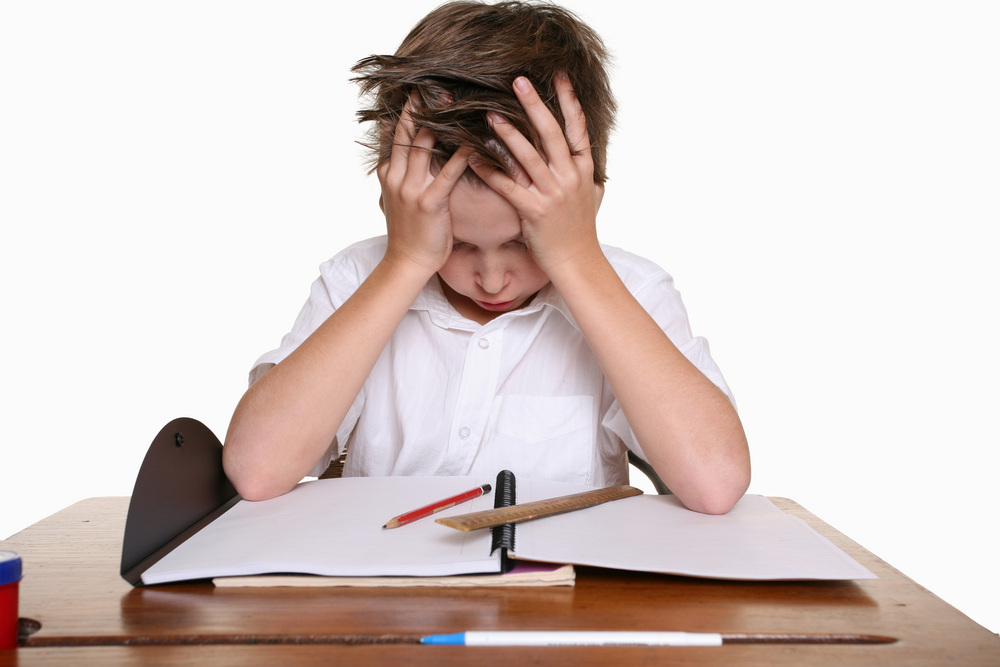
Feelings of inadequacy can manifest in contrasting ways. Some may overcompensate by becoming overachievers, constantly striving for success to prove their worth and silence their inner critic. While this drive can lead to accomplishments, it can also result in burnout and stress. Conversely, others may underachieve due to a lack of self-belief, creating a self-fulfilling prophecy of failure. Both behaviors are coping mechanisms for dealing with deep-seated feelings of inadequacy.
Self-Sabotaging Behavior:

Individuals who believe they don’t deserve happiness or good things in life may engage in self-sabotaging behaviors. This unconscious self-destruction stems from a negative self-perception and lack of self-worth. They might procrastinate, engage in risky behaviors, or create unnecessary obstacles, fulfilling their expectation of disappointment and reinforcing their negative self-beliefs.
Breaking the Cycle: Hope for Healing
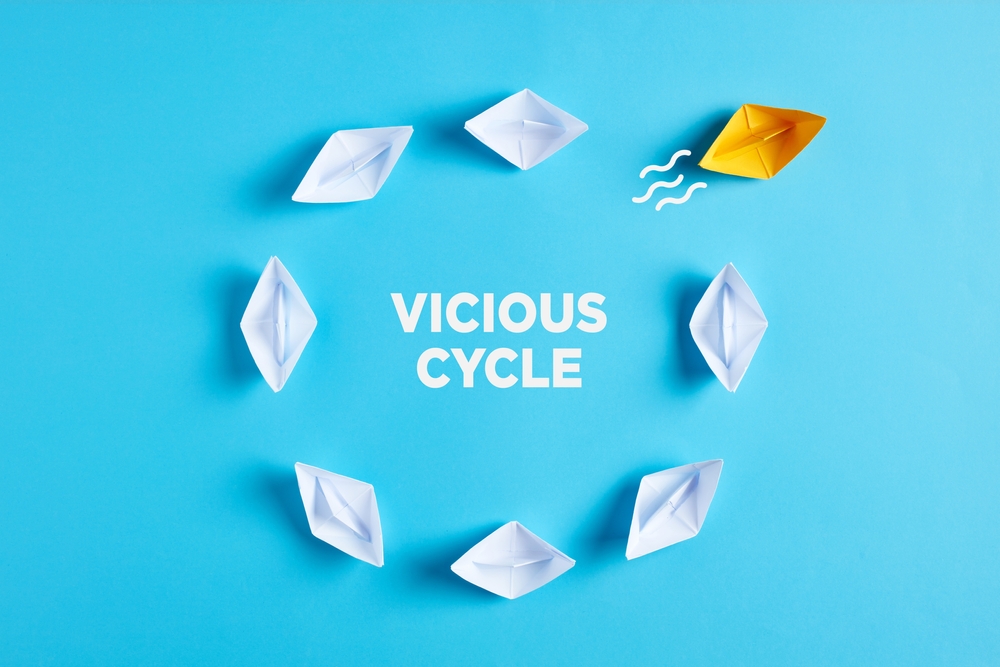
While the effects of an unloved childhood can be significant, it’s important to remember that healing and growth are possible. With self-awareness, professional support, and a commitment to self-love, individuals can learn to trust, express their emotions healthily, and build fulfilling relationships.
This content has, in part, been generated with the aid of an artificial intelligence language model. While we strive for accuracy and quality, please note that the information provided may not be entirely error-free or up-to-date. We recommend independently verifying the content and consulting with professionals for specific advice or information. We do not assume any responsibility or liability for the use or interpretation of this content.
